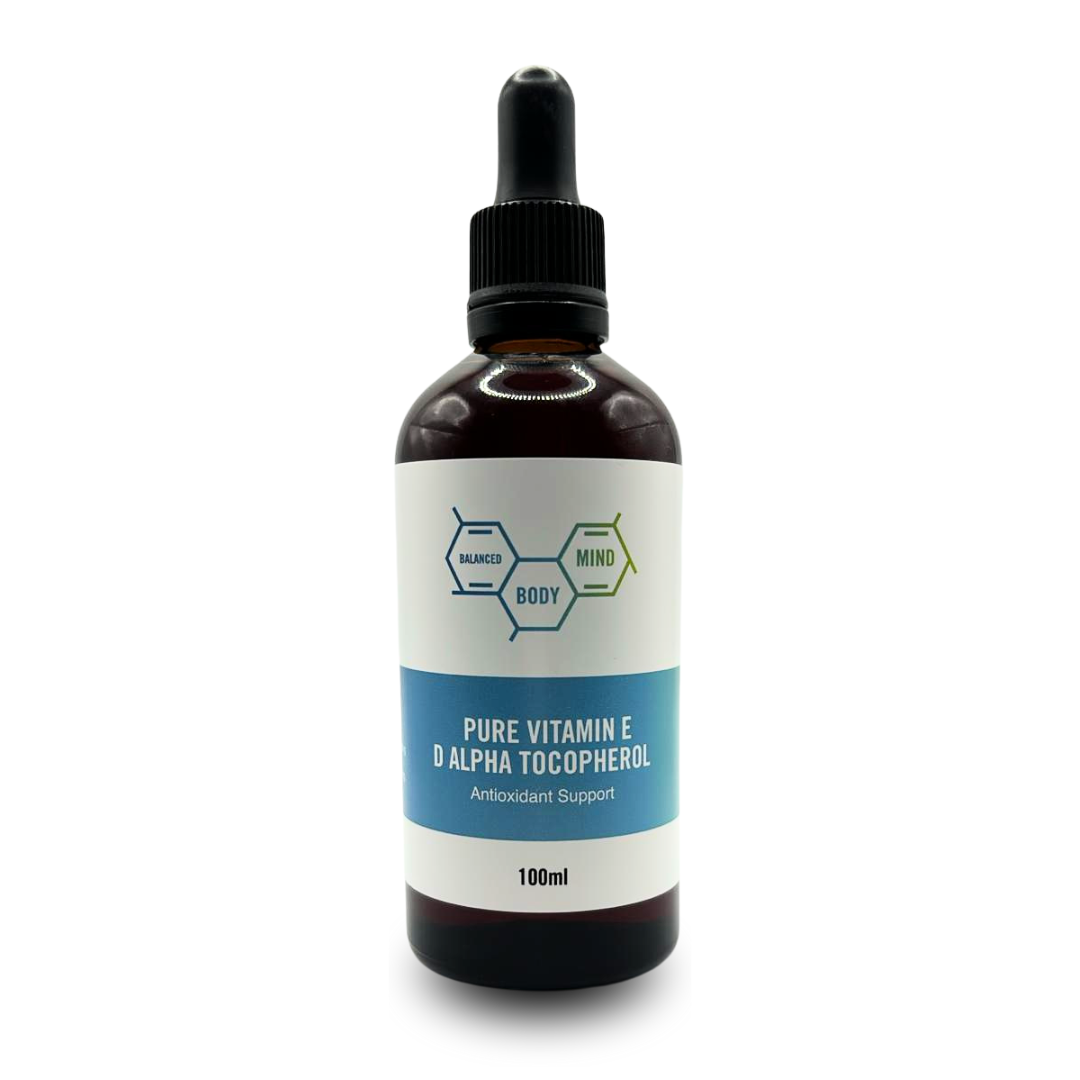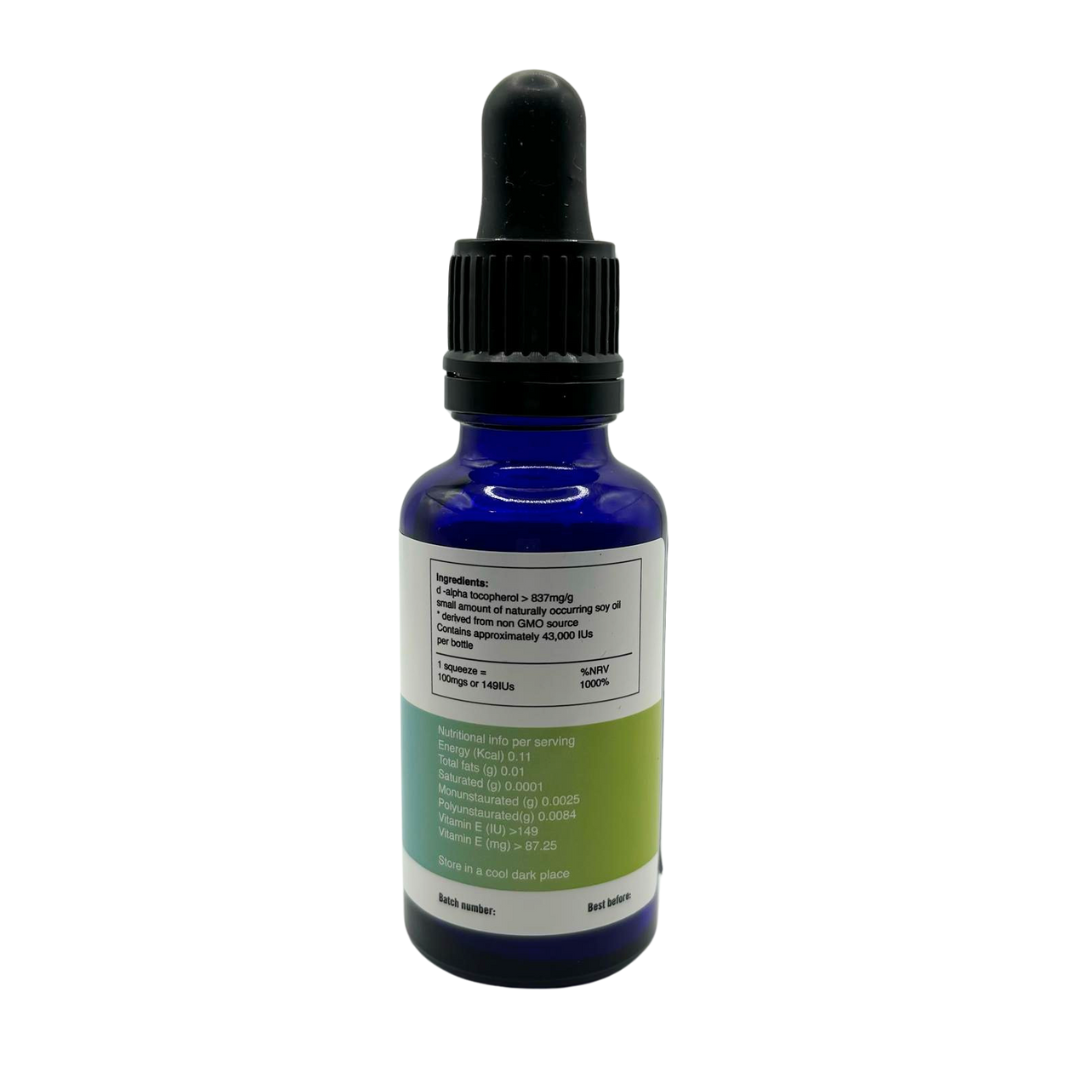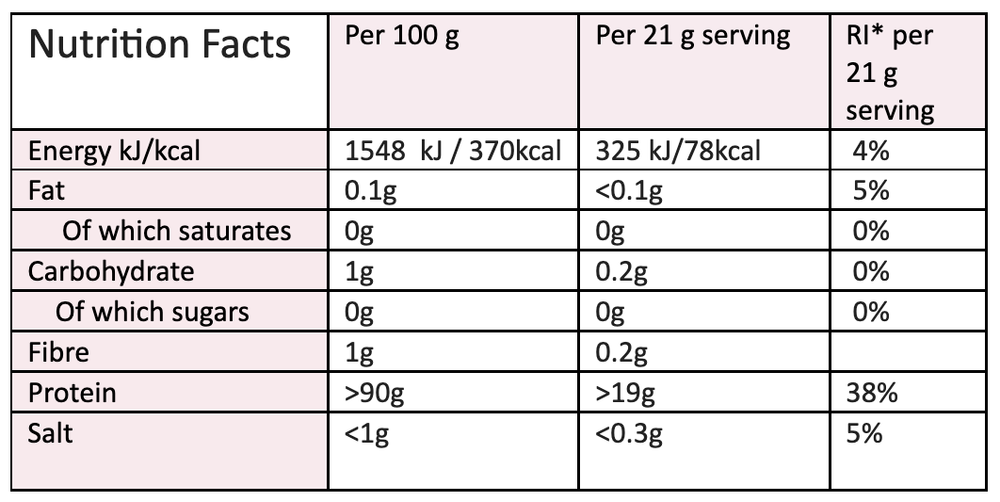Ionic Copper
Copper contributes to the maintenance of normal connective tissues. Copper is a component of essential enzymes known as cuproenzymes. One of these known as lysyl oxidase is essential for the cross-linking in collagen and elastin forming strong but flexible connective tissue. Connective tissue is the tissue that “holds us together” supporting our organs and skin.
Copper contributes to the maintenance of normal connective tissues. Copper is a component of essential enzymes known as cuproenzymes. One of these known as lysyl oxidase is essential for the cross-linking in collagen and elastin forming strong but flexible connective tissue. Connective tissue is the tissue that “holds us together” supporting our organs and skin.
Copper contributes to the maintenance of normal connective tissues. Copper is a component of essential enzymes known as cuproenzymes. One of these known as lysyl oxidase is essential for the cross-linking in collagen and elastin forming strong but flexible connective tissue. Connective tissue is the tissue that “holds us together” supporting our organs and skin.
Copper contributes to normal energy yielding metabolism. Copper is needed for the enzyme Cytochrome c oxidase that is important in energy production in the cell. This enzyme is responsible for converting oxygen to water, thereby creating an electrical gradient in the cell which the mitochondria use to make the units of energy, ATP.
Copper contributes to normal functioning of the nervous system. Copper is needed for neurotransmitter (brain chemical) synthesis of norepinephrine from dopamine. It is also needed for an enzyme called Monoamine oxidase (MOA) that breaks down epinephrine, norepinephrine, dopamine and serotonin. Copper is also important for another enzyme, cytochrome c oxidase that is needed to synthesise the phospholipid myelin sheath of the nerves.
Copper contributes to normal hair and skin pigmentation. The copper enzyme known as tyrosinase is needed to produce the pigment melanin from tyrosine. The amount of melanin determines the hair colour. One of the symptoms of copper deficiency is loss of pigmentation in the hair.
Copper promotes iron transport in the body. Anaemia is a clinical sign of copper deficiency and thyroid hormone deficiency, and copper is necessary for normal iron transport to the bone marrow for red blood cell formation.
Copper contributes to the normal function of the immune system. Decreased numbers of white blood cells occur as a result of copper deficiency know as neutropenia although the exact mechanism isn’t yet known.
Copper contributes to the protection of cells from oxidative stress. It does this in 2 ways. It partakes in Copper and Zinc Superoxide dismutase enzymes, which are eventually able to convert free radicals to water thereby preventing oxidative damage to the cell. It is also needed for the enzyme ceruplasmin, which can convert dangerous iron ions (Fe2+) that have the capacity to cause free radical damage to ferric iron (Fe3+) needed for red blood cell formation.
DIRECTIONS / DOSAGE
Recommended dose 10 drops per day in water with food. The stated recommended dose can be changed as directed by your healthcare practitioner. Do not exceed this recommended dose. Consume within 3 months of opening.
SUITABLE FOR
Vegetarian
Vegan
No Gluten Containing Ingredients
No Nut Containing Ingredients
STORAGE
Store in a refrigerator, out of reach of children.
PRODUCT TYPE
1 serving = 10 drops | 142 servings per 100ml











